Prevailing Over Satan’s Temptations
This Sunday I’m preaching on Lord’s Day 52 of the Heidelberg Catechism and the sixth petition of the Lord’s Prayer, […]
Read moreThis Sunday I’m preaching on Lord’s Day 52 of the Heidelberg Catechism and the sixth petition of the Lord’s Prayer, […]
Read more[youtube=http://www.youtube.com/watch?v=rby5itnDloI] This video was recently making the rounds. Actually, before the video, there was an e-mail version of it as […]
Read more

Links to this essay by Richard Muller are making the rounds everywhere in the blogosphere. If you haven’t had a […]
Read more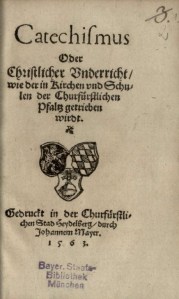

I am still enthralled with the new Post-Reformation Digital Library. I can’t believe how much good stuff is available from […]
Read moreFrank Ezinga has some helpful reflections on how we sing the psalms and how that relates to “keeping the youth.”
Read more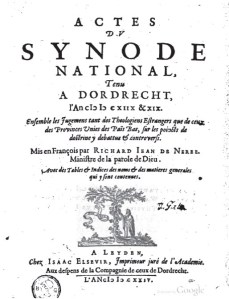

I was reading through the Acts of the Synod of Dort 1618-19 this afternoon and came across a few interesting […]
Read more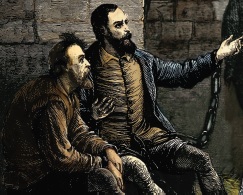

Today is the day when Protestants all over the world commemorate the Reformation. For my contribution, I’d like to share […]
Read more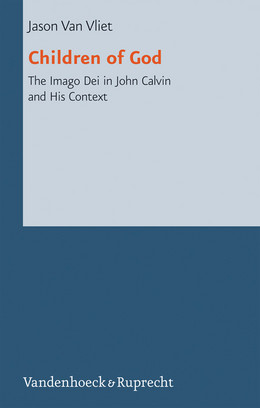

Yesterday, Rev. Jason Van Vliet successfully defended his Th.D. dissertation at the Theological University in Apeldoorn, the Netherlands. The thesis, […]
Read moreWe owe the Post-Ref junkies at Calvin Seminary a huge debt of gratitude for their new Post-Reformation Digital Library. There […]
Read more

The Gospel-Driven Life: Being Good News People in a Bad News World, Michael Horton, Grand Rapids: Baker Books, 2009. Hardcover, […]
Read moreThe CanRC and URC (along with the OPC and many others) belong to the International Conference of Reformed Churches, a […]
Read moreOne of the wonderful things about the Internet is that once something gets posted, it’s often out there for good. […]
Read more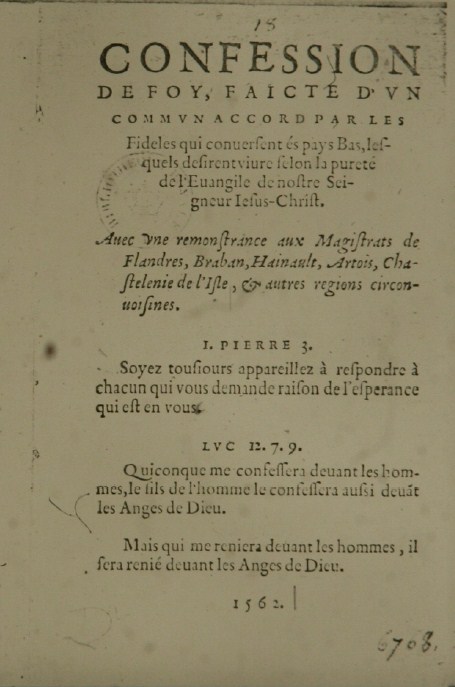

While in Grand Rapids this past weekend, I did a bit of further research into the Belgic Confession. We know […]
Read moreEveryone else had gone to bed. But Ungan and Mahina couldn’t sleep. It was only yesterday that the lions had […]
Read more